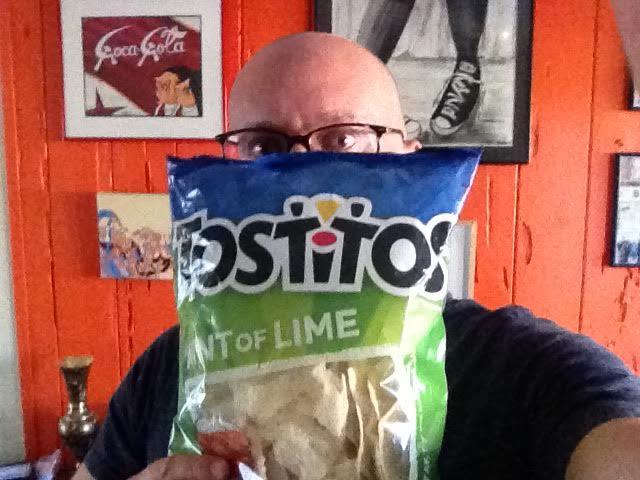
I only got 10 likes in the last five minutes--“#Selfie,” by the Chainsmokers
Do you think I should take it down?
Let me take another selfie. . .
Most of us who live on social media know that companies such as Instagram allow you to use their services on the condition that they can use your services, royalty-free, without any notification.
That was one reason why I avoided using Instagram at first, although almost 6,500 photos later, I got over those privacy concerns pretty quickly. Not that anyone would want to use photos of my dog, my dome smooshed into a bike helmet, or me doing a yoga backbend in front of the Taj Mahal. Maybe. But I also do not pose for selfies brandishing my middle finger, with my tongue wagging out, or passed out buried in a pile of empty Corona bottles (I only drink local or organic brews). Triple Pundit doesn’t need the embarrassment, nor do any of my business clients. But for those of you that love to post pics of your shopping expeditions or favorite junk foods, be aware: Your selfie could very well be dissected and analyzed by the digital marketing startup Ditto.
And why wouldn’t any company use Ditto from a business perspective? The world of advertising and marketing has become murkier as more of us watch television at our convenience, not the networks’. That is, if you even watch television, chances are you spend more time flipping through YouTube videos or catching Netflix on the tablet. Why even contact a company over an issue, big or small, by snail mail or even an email when you can call them out on Twitter or Instagram? Gauging consumers’ thoughts of a brand, from the Boston Red Sox to Kraft Macaroni and Cheese, is becoming a tougher task. And so in comes Ditto with its online tools, which are creepy and brilliant at the same time.
The way Ditto works is not that complicated — it generates one of the forehead-slapping moments that make you think, “Why didn’t I think of that and score a few million bucks in venture capital funds?” Ditto uses an image recognition technology in order to evaluate how a product or brand is resonating with consumers — therefore going beyond those hashtags and text searches. And in a move that may excite or terrify you depending on your desire for privacy, the service even identifies potential “brand ambassadors.”
For those of you curious who is “hot or not” today, check out Ditto’s live stream. Not surprisingly, yesterday’s brand champs were Adidas and Barcelona FC. Apparently, those misspelled names on Starbucks’ cups made the coffee champ a weak performer. And hilariously, Twitter and Instagram were laying the biggest branding eggs. JuicyCouture must have a new product out, because its selfie performance was off the charts; Chanel, however, was tanking. According to the Wall Street Journal, Ditto can recognize as many as 3,000 logos — as well as smiles, weather, and objects from beer bottles to skis — allowing Ditto’s platform to analyze how and when a brand is being enjoyed or consumed.
Ditto’s technology may alarm those who resent the fact they may be a walking laboratory for brands. Critics say companies such as Instagram, Pinterest and Tumblr are not doing enough to advise their users on how their content is being used. But my response to that howling is that there is always an interesting correlation between those who criticize social media companies the most — and those who in turn live on those channels with the most frequency. The reality is: Do not count on any government agency clamping down on these usage policies anytime soon. The best solutions are to jump off these channels, be careful about what you post, or as in my case with Facebook, be coy about what you like. Based on my “likes,” Facebook always shows me testimonials related to tampons, the NRA and the Tea Party. Enough said.
Image credit: Leon Kaye
After a year in the Middle East and Latin America, Leon Kaye is based in California again. Follow him on Instagram and Twitter. Other thoughts of his are on his site, greengopost.com.

Leon Kaye has written for 3p since 2010 and become executive editor in 2018. His previous work includes writing for the Guardian as well as other online and print publications. In addition, he's worked in sales executive roles within technology and financial research companies, as well as for a public relations firm, for which he consulted with one of the globe’s leading sustainability initiatives. Currently living in Central California, he’s traveled to 70-plus countries and has lived and worked in South Korea, the United Arab Emirates and Uruguay.
Leon’s an alum of Fresno State, the University of Maryland, Baltimore County and the University of Southern California's Marshall Business School. He enjoys traveling abroad as well as exploring California’s Central Coast and the Sierra Nevadas.














